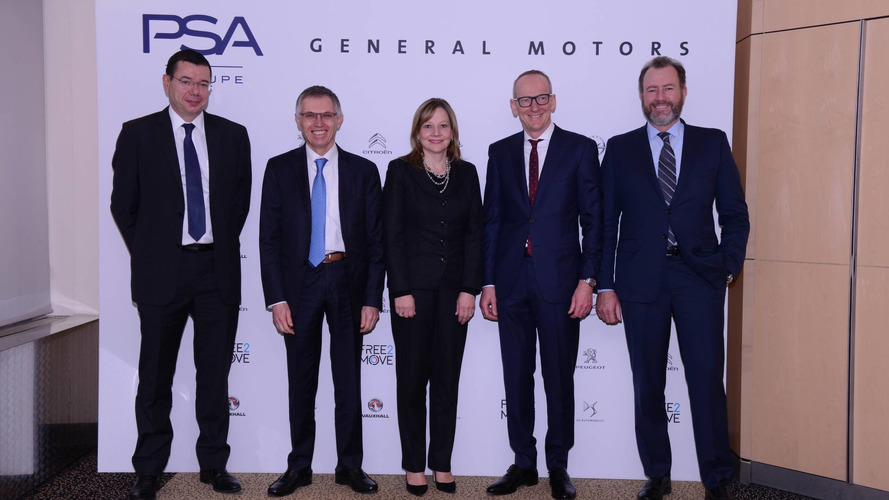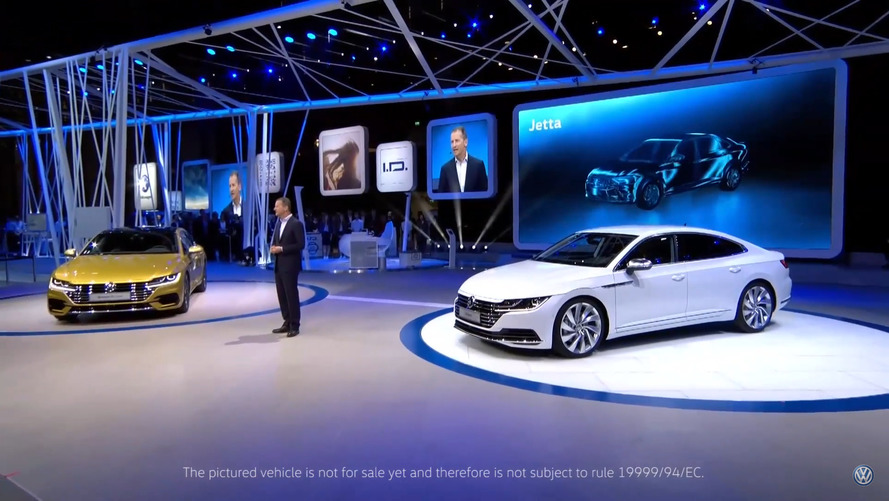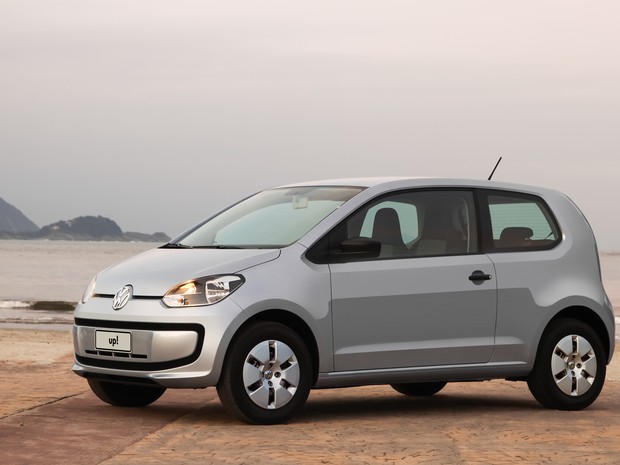Re: Carros: marcas, nacionalidade, qualidades e defeitos
Enviado: Dom Mar 05, 2017 12:17 am
Parece que o grupo PSA comprou de fato a Opel. Para quem estava na porta da falência e quase sendo vendida para GM há uns cinco anos atrás foi um ótima recuperação. De quebra virou um dos maiores grupos da Europa e quase empata com a FCA. Ainda com a vantagem de ter projetos melhores, maior tecnologia e capacidade de desenvolver novos projetos.
Enquanto isso, pelo lados da FCA pode ser o fim ou quase do grupo. Por que a FIAT está em uma situação ruim em relação aos produtos, lucratividade e legislação ambiental. Está péssima de qualquer forma e é o principal braço da FCA na Europa. E, se efetivar o negócio com a GM, está com mais cara de compra do que de fusão.Peugeot owner PSA close to deal to buy Vauxhall and Opel
Sale will trigger battle between French, German and UK governments to protect car plants and jobs in their countries
The owner of Peugeot and Citroën is close to completing a deal with General Motors to buy its European car brands Vauxhall and Opel.
Groupe PSA and GM could announce a deal as early as Monday morning after successful talks between the carmakers.
Negotiations about a potential acquisition were revealed last month and the board of PSA is now understood to have approved the deal.
The announcement of a deal will kickstart an brutal political battle between the governments of France, the home of PSA, Germany, the home of Opel, and Britain, the home of Vauxhall, to protect jobs and plants in their countries.
Carlos Tavares, the boss of PSA, has said the acquisition offered an “opportunity to create a European car champion”. The enlarged company could sell more than 5m vehicles a year but PSA is understood to be aiming to cut as much as €2bn (£1.7bn) in annual costs by combining Peugeot and Citroën with Opel and Vauxhall.
The deal between PSA and GM is likely to include a plan for Vauxhall and Opel’s growing pension deficit.
Vauxhall employs 4,500 workers across its UK production sites – at Ellesmere Port in Cheshire and Luton – and has a pension deficit of as much as £1bn. The scheme had a deficit of £840m at the end of 2014, according to regulatory filings, but analysts estimate that it could now be more than £1bn. John Ralfe, a pensions expert, said PSA would be “rip-roaring bonkers” to take on the pension scheme.
Vauxhall production guaranteed until at least end of decade, PSA tells union
Read more
Tavares has already held talks with Theresa May, the prime minister, Greg Clark, the business secretary, and Unite’s general secretary, Len McCluskey, about the deal. The PSA boss offered assurances about existing production commitments being met – meaning the UK plants would stay open until at least 2021 – and pointed out the company did not have a track record for shutting plants.
However, Sir Vince Cable, the business secretary between 2010 and 2015, warned that Britain’s exit from the European Union could lead to cuts at Vauxhall.
Cable said the German government was likely to be lobbying heavily to protect the Opel workforce and plants in the country. Roughly half of Opel’s 35,000 workers are in Germany.
Cable said: “I imagine there will be some ferocious German canvassing and it’s difficult to see what Britain can offer other than years of uncertainty.”
Nonetheless, the current business secretary has promised the government’s “unbounded commitment” to protecting jobs at Vauxhall. Clark told MPs in the House of Commons last month the government would “do everything we can” to protect Vauxhall.
Clark’s comments raised the prospect of the government offering sweeteners to PSA in an attempt to secure the future of the Ellesmere Port and Luton plants, similar to how Nissan was offered reassurances before pumping new investment into its Sunderland plant.
“My personal commitment and the commitment of this government will be unbounded to make sure the future of the workforce will be maintained,” Clark said.
“I will of course work with all the groups, including the trade unions, including the workforce, to make that case, if new owners there are to be, to those new owners.”
https://www.theguardian.com/business/20 ... pel-brands
Opel nas mãos da PSA é incógnita para sonho de Marchionne
Especulada desde o início da semana, a compra de parte da Opel pelo grupo PSA Peugeot-Citroën (negociação ainda a ser formalizada) pode implicar na formação de um novo arranjo no mercado automotivo global. Além de representar a saída completa da General Motors da Europa, o negócio dará um ultimato em relação ao desejo de Sergio Marchionne de unir a FCA com a gigante de Detroit.
Análises de agências internacionais apontam que a venda favorece o grande sonho de fusão de Marchionne, mas há que aposte justamente no contrário. O jornal The New York Times, por exemplo, avalia que a empreitada representa uma verdadeira “pá de cal” sobre as tentativas de aproximação do italiano com os norte-americanos.
Conforme relata a publicação, a negociação faria com que a PSA (juntando Peugeot, Citroën, DS, Opel e Vauxhall), a Volkswagen e a Renault-Nissan controlassem 54% de todo o mercado europeu. Dentro dessa perspectiva, a Fiat teria participação de apenas 6,6% e se tornaria pouco atrativa do ponto de vista comercial. Além disso, a marca opera com margem operacional de apenas 2,5% – contra 7% da média europeia em 2016.
Não obstante, a FCA tem uma pegada de carbono bastante elevada e corre o risco de não atingir metas anti-poluição até 2021. A dívida industrial de US$ 4,87 bilhões também é alta e figura como mais um entrave que poderia atrapalhar o namoro com a GM.
A outra visão
Por outro lado, muitos consideram que a ida da Opel para as mãos da PSA era a peça que faltava para Marchionne concretizar o sonho de se fundir com a GM. Isso porque, sem a marca alemã, o grupo norte-americano sofreria uma baixa de 1,6 milhão de unidades anualmente, com reflexos diretos nos números globais.
Sem a Opel, mas com o dinheiro da venda em caixa, a GM poderia encontrar na FCA a resposta certa para preencher a lacuna aberta. Especialistas de mercado já preveem que as plataformas das picapes Chevrolet poderia facilmente ser usadas por modelos da Dodge e da RAM, e a arquitetura dos Jeep serviria para a GMC produzir futuros lançamentos.
Além disso, a Fiat poderia ser usada como base para atuação na Europa, enquanto a Alfa Romeo firmaria com a Cadillac uma relação de sinergia envolvendo tecnologias e componentes.
A fusão criaria uma empresa com participação conjunta de 31% nos Estados Unidos e 36% no Brasil. Vale lembrar que Marchionne acredita que apenas com uma produção acima de 6 milhões de unidades é que a FCA poderia respirar tranquila no mercado global, por isso o seu desejo de uma fusão com a GM. Em 2016, ela produziu 4.906.685 unidades. Que análise estaria mais próxima da realidade? Mais do que isso, qual teria mais chances de se concretizar? Dê seus pitacos e aguarde as cenas dos próximos capítulos…
http://carplace.uol.com.br/gm-frustra-s ... ara-a-psa/





